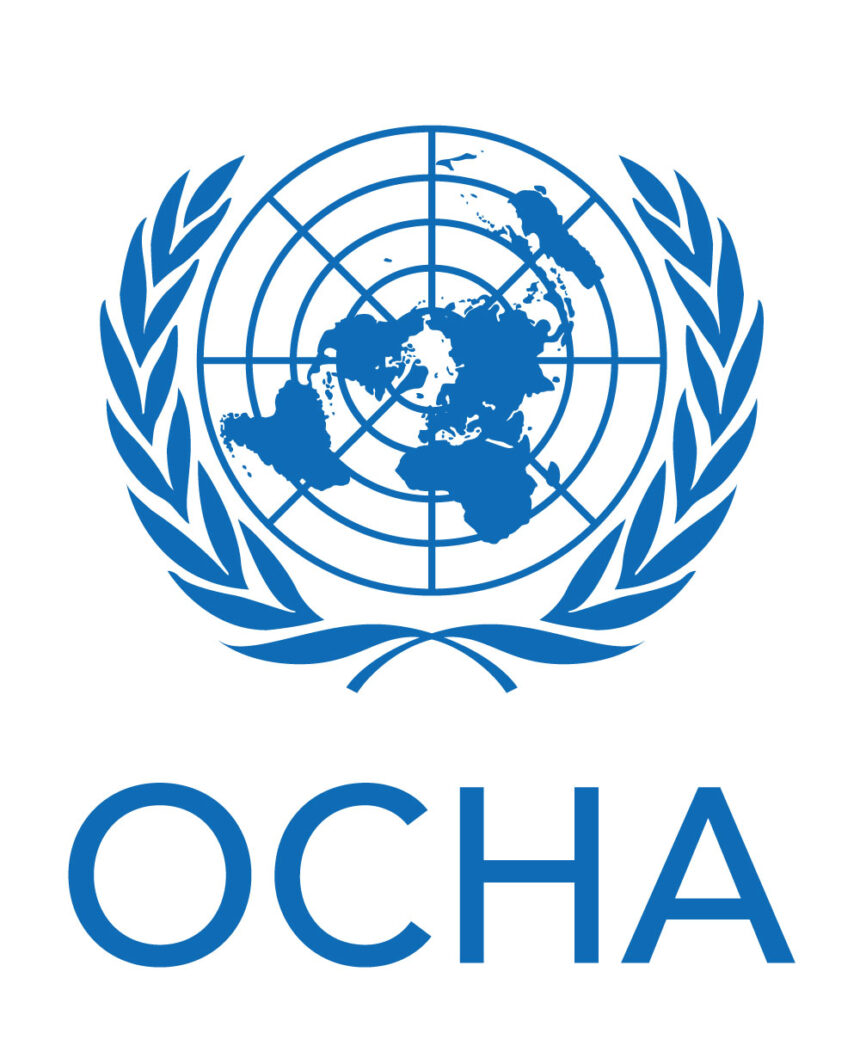The recent surge in fighting near the city of Goma in the Democratic Republic of the Congo has sparked deep concern among humanitarian organizations. Bruno Lemarquis, the Humanitarian Coordinator in the region, has highlighted the dire impact of the ongoing violence on civilians.
Since the M23 offensives reignited on January 23, 2025, hundreds of thousands of people have been forced to flee conflict zones, putting immense pressure on already strained reception and assistance facilities. Displacement sites around Goma, which were home to over 300,000 individuals, have been rapidly emptied as a result of the escalating violence.
Despite the challenging security situation, humanitarian actors on the ground are working tirelessly to meet the urgent needs of the most vulnerable populations. However, the increasing proximity of fighting to residential areas and the use of heavy weaponry pose grave risks to civilians. Goma’s hospitals are struggling to cope with the influx of casualties, with Ndosho General Hospital treating over 256 injured individuals, including 90 civilians, far exceeding its capacity.
A united call has been made by the humanitarian community in the DRC for all parties involved in the conflict to cease hostilities immediately. The continuation of violence only serves to compound the suffering of eastern DRC’s population and worsen the already precarious conditions faced by civilians. Urgent de-escalation is paramount, as emphasized by the United Nations Secretary-General.
Furthermore, the international community is urged to step up efforts to address the rapidly deteriorating humanitarian and security situation. Temporary humanitarian pauses are requested in the most affected areas to facilitate the safe evacuation of the wounded and civilians from active combat zones.
It is crucial for all parties to adhere to international humanitarian law, ensuring the protection of civilians and essential civilian infrastructure. Unimpeded humanitarian access and the safe passage of civilians fleeing conflict zones must be guaranteed. Additionally, efforts must be made to restore basic services in Goma, including water, electricity, and healthcare, to meet the essential needs of those affected by the conflict.
As we navigate this challenging period, it is imperative that humanitarian actors remain close to affected populations, delivering life-saving assistance in a dignified and secure manner. By upholding these principles, we can work towards alleviating the suffering of those impacted by the conflict in the DRC.
This article has been recreated based on information provided by the Office for Coordination of Humanitarian Affairs (OCHA) and is distributed by APO Group.








